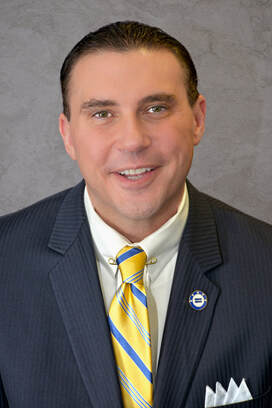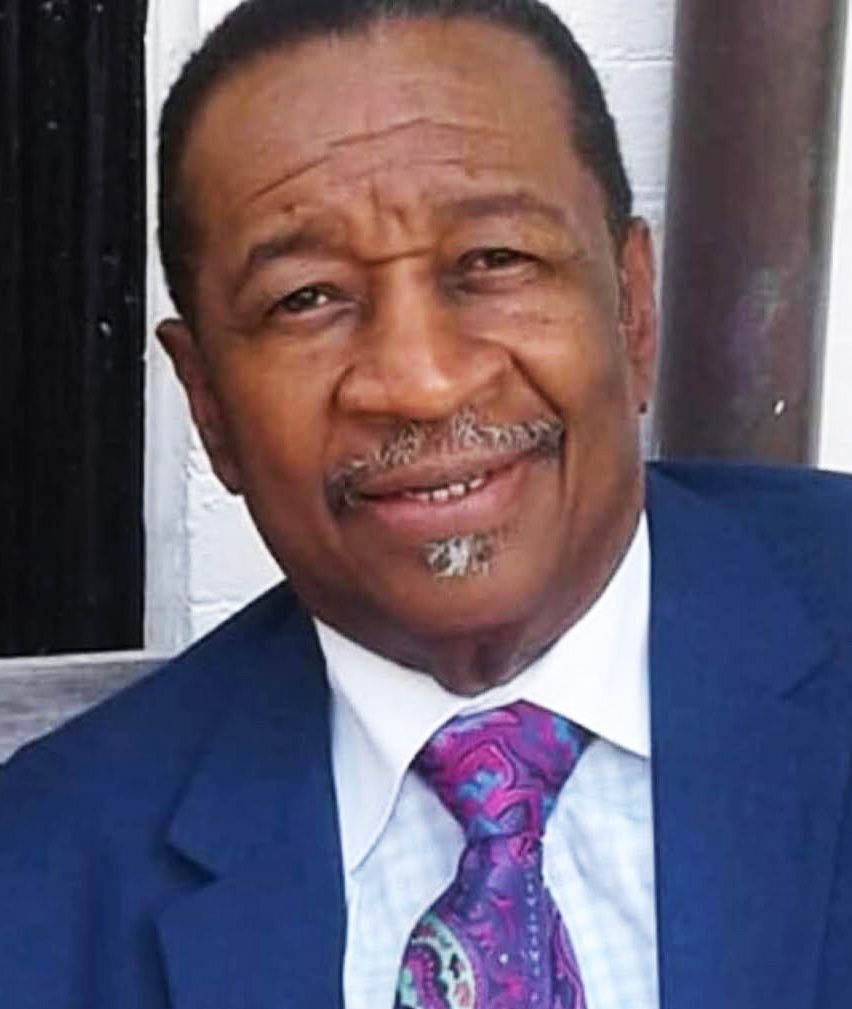The Church and Reentry
ALFRED LONG

I grew up on the Southside of Chicago and at an early age, most people knew serious trouble awaited me.
My drinking career started in grade school, which eventually led to expulsion in the eighth grade, for you guessed it – drinking. My teachers shook their heads in dismay because despite my ACE (adverse childhood experiences) I scored at the top of my class on every test.
Eventually, I disregarded school and dropped out in the ninth grade. My drinking and drugging increased, which led to a life of crime.
My parents felt helpless and eventually had me committed to the Illinois Juvenile Justice System before as my father told the judge, “He kills himself or someone else kills him”.
That was my introduction to the justice system. At fifteen, I entered what we called, “baby prison” the Illinois Youth Center - St. Charles. St. Charles groomed us for future lives of crime and to fill up the many penitentiaries in Illinois.
I didn’t reform because internally I had issues that incarceration couldn’t cure.
These issues often cause individuals to become tethered to the justice system.
They include:
1.) Anti-social values: This is also known as criminal thinking. It includes criminal rationalization or the belief that their criminal behavior was justified. Individuals possessing this trait often blame others for their negative behavior and show a lack of remorse.
2.) Criminal Peers: Individuals with this trait often have peers that are associated with criminal activities. Most are often involved with substance abuse including drugs or alcohol. Peer influence often persuades the individual to engage in criminal behavior. They will also typically present with a lack of pro-social community involvement.
These traits often include atypical behavior conducted prior to the age of fifteen and can include, running away, skipping school, fighting, possessing weapons, lying, stealing and damage to either animals or property.
3.) Anti-social personality: These traits often include atypical behavior conducted prior to the age of fifteen and can include running away, skipping school, fighting, possessing weapons, lying, stealing and damage to either animals or property.
4.) Dysfunctional family: One of the most common traits includes a lack of family support, both emotionally and otherwise. An individual’s family lacks the ability to problem solve and often is unable to communicate effectively. Family members often don’t possess the ability to express emotions in an appropriate manner. Often, they are also involved with criminal activity.
5.) Low self-control: This involves one’s ability to control temperament and impulsivity. People that carry this trait often do things that they didn’t plan and will fail to think before acting. The mindset is of the here and now, and not on the consequences of the behavior.
6.) Substance abuse: The use of drugs or alcohol that significantly affect one’s ability to engage in a successful and productive lifestyle. There is often an increased tolerance to substances, in addition to an inability to stop use.
These issues rendered me helpless and kept me in the cycle of pain, addiction, and crime.
I thank God for godly men from a community minded Church that had the courage to confront my needs. They introduced me to a Christian drug program who introduced me to Jesus and the Church.
God broke the cycle of pain, addiction and crime for me, and I never returned to that lifestyle. My last case was in 1973.
The Church is uniquely equipped through the power of God to help our returning population deal with all those issues, as it did me.
Successful re-entry first requires an inward change that only a robust faith in Jesus Christ can provide (2 Corinthians 5:17).
That comes through the Gospel!
With that foundation in place, the Church can also help with the physical needs of employment, housing, help with child support, help with medication and proper fellowship, or refer returning individuals to the many programs that specialize in those areas.
Part of Jesus’ mission statement is to set prisoners and captives free.
“The Spirit of the Sovereign Lord is upon me, for the Lord has anointed me to bring good news to the poor. He has sent me to comfort the brokenhearted and to proclaim that captives will be released, and prisoners will be freed (Isaiah61:1)
And that’s our mission as well (Matthew 25:34-36)!
Pastor Alfred Long Sr. is available for preaching engagements, Addiction Recovery workshops, Addiction Recovery Coaching and Prison Ministry Consulting.
Contact:
(314) 283-9052
Sparkman Articles











